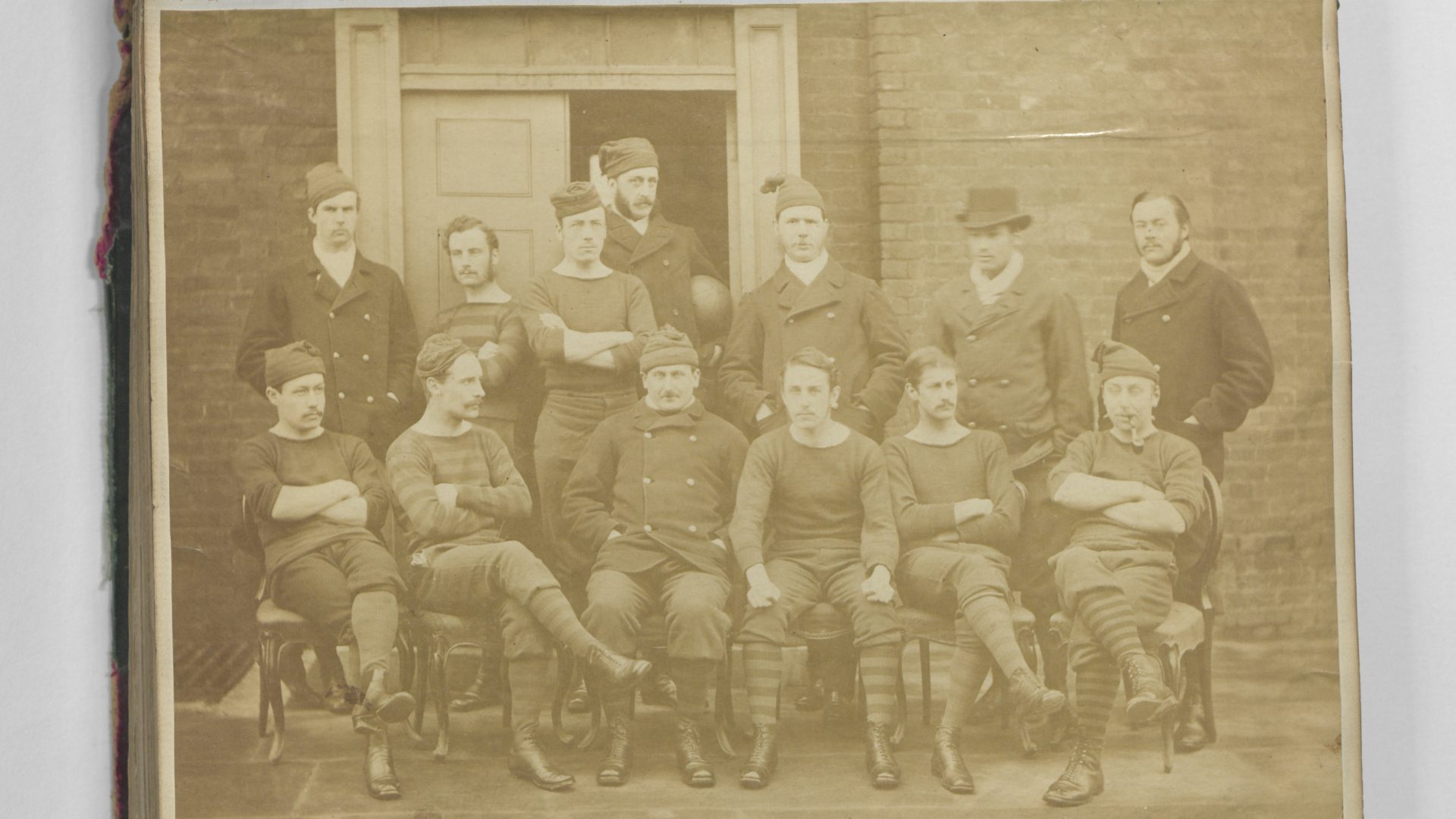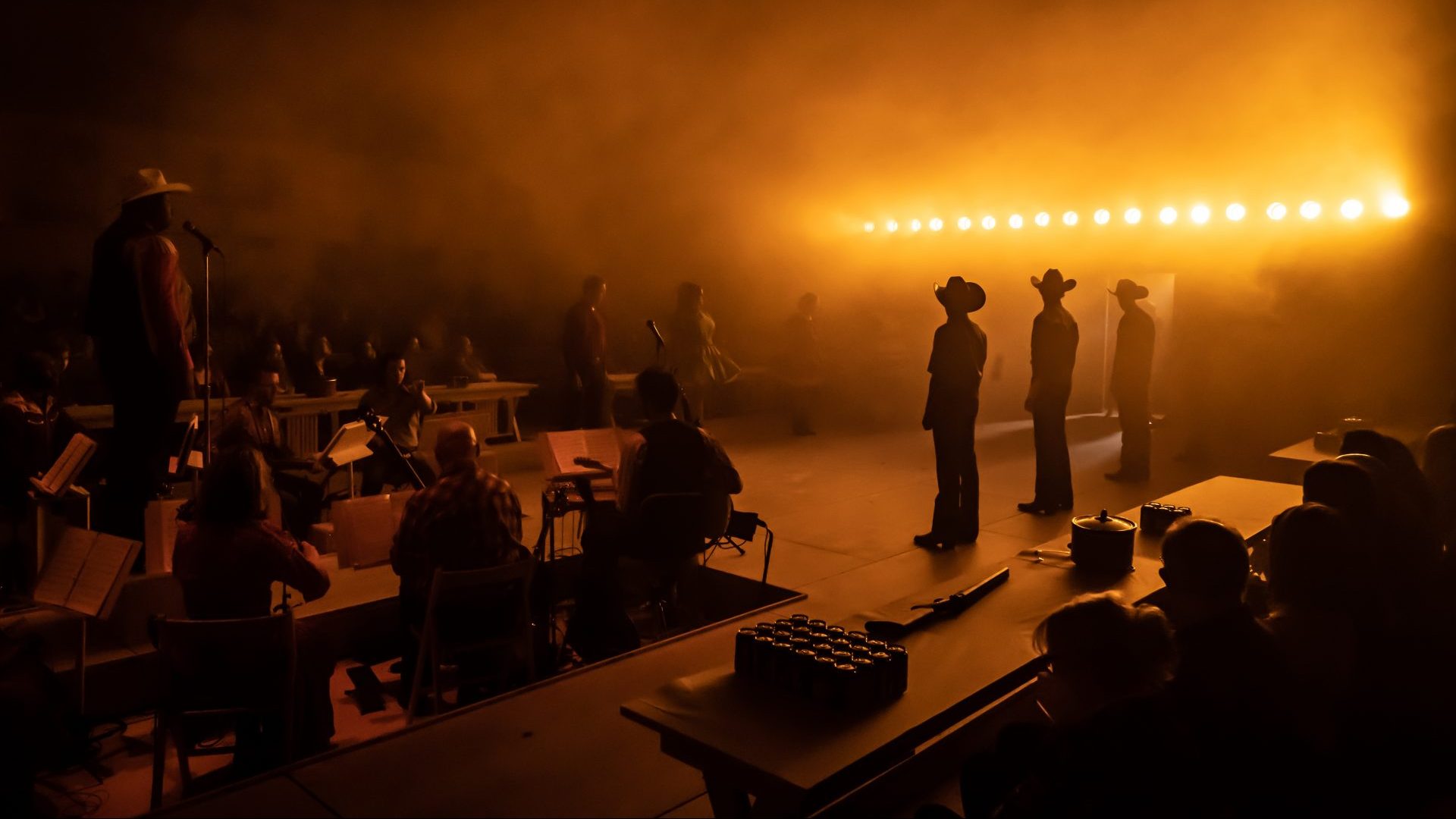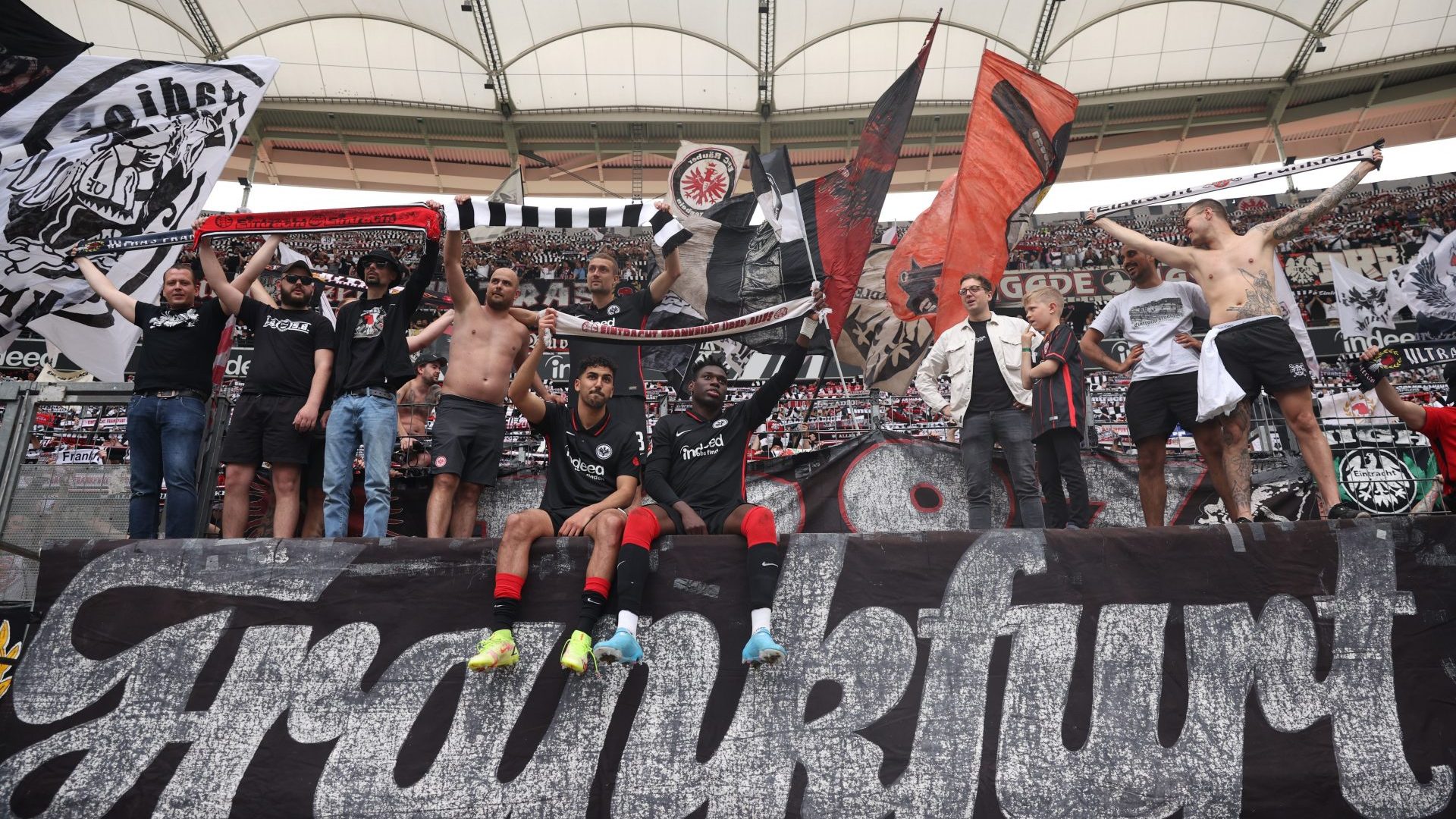On May 14, when the teams take to the Wembley pitch for an FA Cup final marking the competition’s 150th anniversary, both sides will be managed by a German. Chelsea’s team should include at least two German players, a couple of Spaniards and a Brazilian-born Italian, with an expensive Belgian on the bench. Favourites Liverpool look likely to include a Dutchman and a Portuguese. Perhaps one of them will become man of the match, following a German, a Frenchman and two Belgians in the last four years.
Yet in the most storied of English football’s competitions, two players have all but been lost to history. On March 16, 1872, incongruously at Surrey’s Oval cricket ground, Edmund Creswell and Edmond Cotter became the first two continental Europeans to play in an FA Cup final as their Royal Engineers side lost to Wanderers.
Both were European through service rather than birth. Cotter, the youngest
Engineers player in the final, was born in what was then considered a tiny
colonial outpost, Malta, while his father was stationed there in 1852.
Creswell was born in Gibraltar in 1849 because his father, also Edmund, was postmaster in the colony, having first arrived there in 1831.
Both players have compelling stories. Creswell’s final appearance was the more dramatic, as he became football’s first recorded injury just 10 minutes into the game when, during a charge on goal, he broke his collarbone. Refusing to leave the pitch, he played the remainder of the game as a passenger on the wing.
His fortitude was recorded by The Sportsman’s match report: “Too much praise cannot be accorded to him for the pluck he showed in maintaining
his post although completely disabled and in severe pain until the finish.”
Effectively playing a man short though, Royal Engineers conceded the only goal of the final within five minutes of Creswell’s injury.
But if his teammate’s injury stifled him on the pitch – and it must have done, given that he had earned the nickname “Terror Cotter” for his quick temper and had a daring style of play, being mentioned in contemporary accounts as “one who revelled in rushes and scrimmages”, Cotter more than made up for it over the course of his life. Unlike Creswell, who ascended to the rank of Colonel in 1899 without ever seeing active service – Cotter took part in four major campaigns. He too became a Colonel, in 1901. And then on his retirement from the service three years later, to his family’s bewilderment, he became an Irish Republican.
When Edmond Cotter arrived in Cork in 1899, he was reaching the end of a distinguished military career that had taken him across much of the world. In west Africa, less than 18 months after his cup final appearance, he was part of the rearguard action in the defence of Quarman during the battle of Amoaful, part of the AngloAshanti war. The Ashanti commander Amanquatia was killed in the battle, and Cotter was later awarded the Ashantee Medal with Coomassie clasp.
Postings in India, Gibraltar and Egypt followed, and most notably Cotter commanded the 4th Company Bengal Sappers and Miners in the 1884 Zhob Valley expedition, suppressing tribal insurgents in what is now Pakistan, and was part of the Burma Expedition of 1887-88, repelling the resistance movement after British victory in Mandalay. For this he was awarded the India General Service Medal, with clasp.
But the posting to Cork, where Lt Colonel EW Cotter was promoted to Commanding RE Cork, proved fateful. What changed Cotter during his five years there is unknown, but it changed him profoundly. Undoubtedly he would have felt the pull of his roots – he spent part of his childhood in
Limerick, his mother’s birthplace. So too the history of the Cotter name, spread across County Cork and with notable figures like Sir James Fitz Edmond Cotter, who fought for James II. The city itself must have played its
part; it was a hotbed of nationalism and would become a battleground in the Irish war of independence – its centre would be burned down by the Black and Tans in 1920 – and the subsequent Irish civil war.
For Cotter, it was only meant to be the final stop in a long military journey. In 1902 he was awarded a half-pay pension and two years later he left the service. But his sympathy for the Irish cause grew, and became an embarrassment for family members still in service, when Cotter would visit
them and begin espousing the cause of the United Irish Movement.
By the time war came in 1914, Cotter was taking a keen interest in the Irish
Volunteers, a force set up by nationalists to counter the loyalist militia of the Ulster Volunteers. Boasting a membership of 200,000 before the start of hostilities, its strength had dwindled since and in 1915, just a year before the Easter Rising, Cotter travelled to Dublin and attempted, unsuccessfully, to organise the remaining rump along military lines. The effort was not a success and within three months Cotter was running out of money – spending some of his annual pension of £450 on the cause – and out of time. He retreated to England, where he would spend his remaining years, dying in Bournemouth in 1934 at the age of 82.
Diarmuid Coffey, a witness to the Irish Bureau of Military History, said Cotter was “an elderly… idealistic nationalist who commuted part of his pension in order to come over to Dublin and work for the Volunteers. He had a weak heart and was somewhat impulsive and excitable. He should be remembered as a great-hearted Irish gentleman who sacrificed a large
proportion of the little money he had to serve his country but, unfortunately, owing to age and temperament was unable to make the mark which his intentions and devotion deserved.”
Whether they are led by Jürgen Klopp or Thomas Tuchel, whichever band of Europeans get their hands on the trophy on May 14 will certainly have made their marks on football history. But even if they live to 82, they are unlikely to have written as remarkable a story as that of Edmond Cotter.



